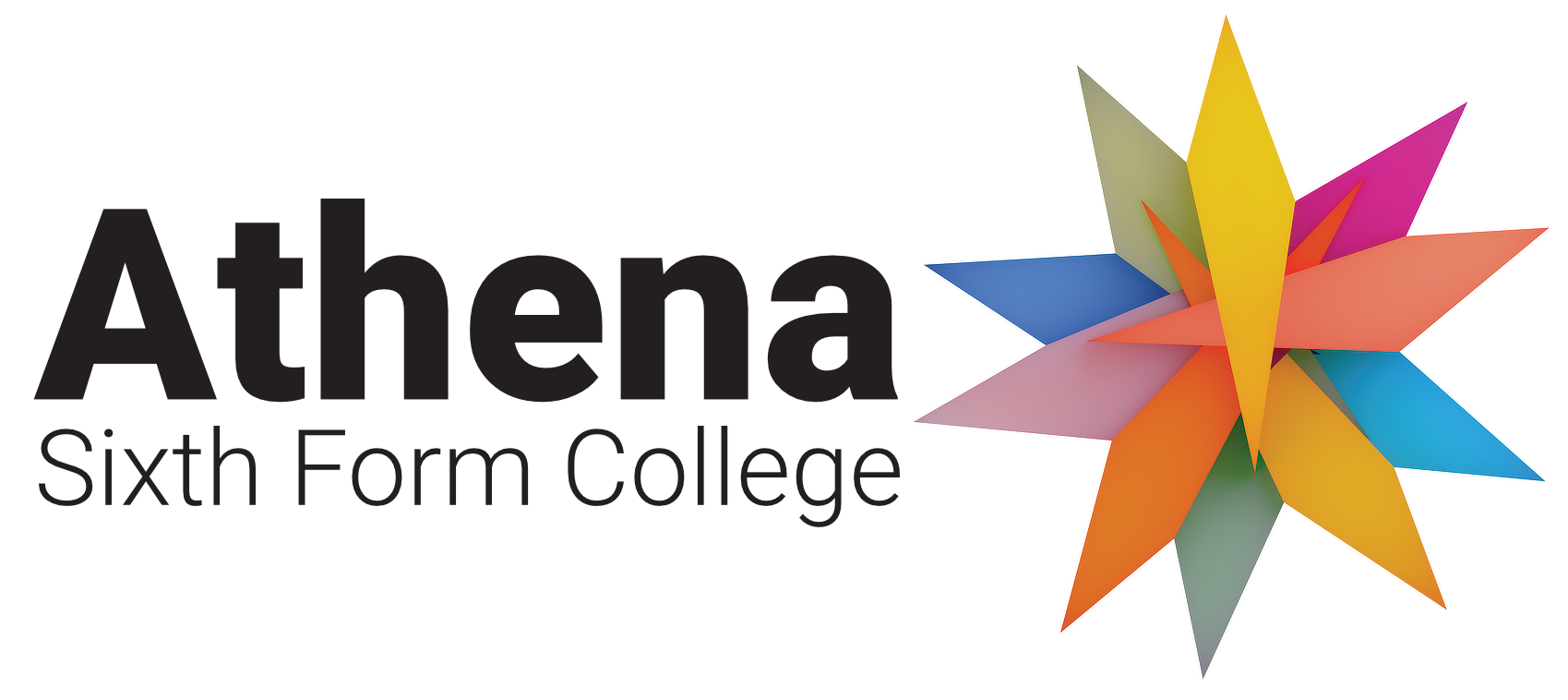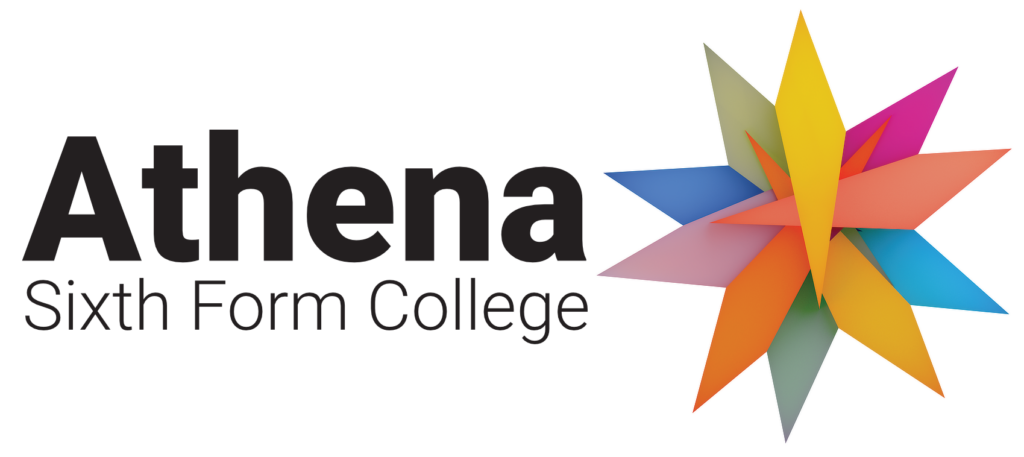Why Study?
Music A-level involves building skills in performance and composition and gaining a broad musical knowledge through the study of a plethora of set musical genres. You should choose Music if you are a proficient instrumentalist or singer and/or have a strong interest in composing your own music, and are interested in developing your understanding of a variety of musical styles. The A-level Music course is a valuable qualification in its own right; it not only demonstrates academic, practical and creative skills but also highlights your qualities of self-discipline and commitment.
Music students should be accomplished instrumentalists or singers of at least Grade 5 standard on at least one instrument or voice and Grade 5 standard for theory.
What can I do with it?
You may wish to study Music in Higher Education either on an academic degree course or on a more practically based course for performers. The A-level provides a sound basis for students wishing to proceed to degree courses in Music or Performing Arts. It can lead to careers in teaching, performing and composition as well as related areas in publishing and media. Having studied Music demonstrates to universities and employers that you are an academic, well-rounded, skilled and often highly conscientious individual with much to offer.
Subject combinations
The variety of musical styles and cultures studied on the course and the wide range of practical, theoretical and analytical skills developed means Music combines well with many arts and humanities subjects, as well as the sciences and languages and Maths.
Extras
A-level musicians should wish to contribute significantly to the musical life of the school and in the wider community. You will be encouraged to attend professional concerts in Norfolk, Cambridgeshire and London throughout the course to enhance your awareness of musical styles.
What will I study?
A-level Music has both practical and written elements; therefore students should understand musical notation, have knowledge of music theory and be able to play an instrument to Grade 5 standard at the minimum. It is preferable to have studied GCSE Music.
- Performing (35%): Students perform a recital for a minimum of ten minutes either as a soloist and/or as a member of an ensemble. This component is recorded in the centre and externally moderated.
- Composing (25%): Students demonstrate their knowledge and understanding of musical styles by composing two pieces of music: one composition to a brief and one ‘free’ composition. This component is produced in the centre and externally moderated.
- Listening and Appraising (40%): This is an exam paper taken at the end of the two-year course. This will comprise listening and written questions on a range of pieces of music, which will be studied in depth during the course via practical exploration, analysis and discussion. Topics studied may include the Baroque concerto, Mozart Opera, Romantic piano music, Film Music and Musical Theatre.

